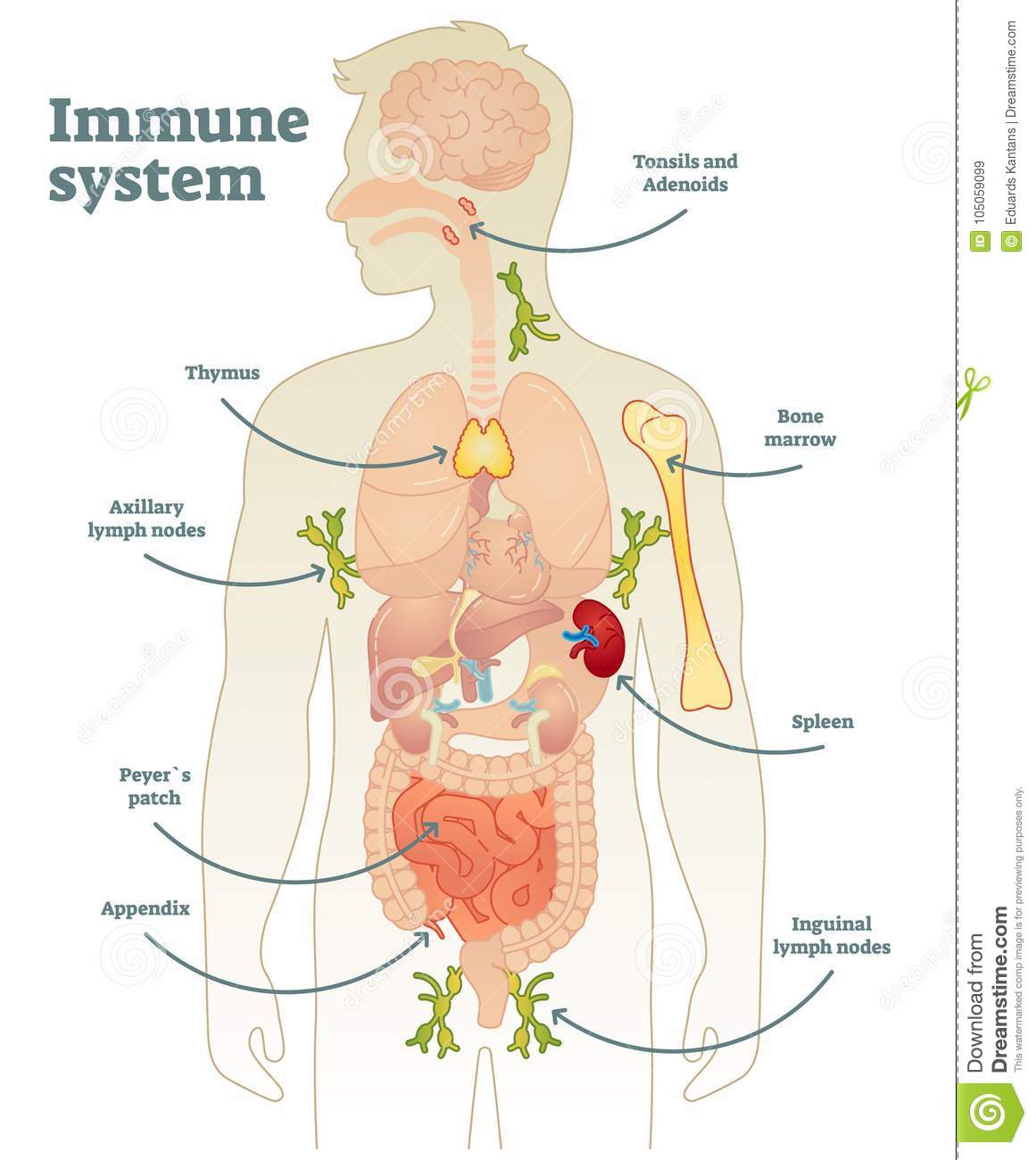Your immune system could use a little help as you age. Find out which vaccinations and lifestyle changes can do you the most good.
Your immune system’s role is to actively fight infections and illness in order to keep you healthy. But as you get older, your immune system changes, making it more difficult to fight off a cold or beat back the flu, according to the National Institute on Aging. This means that, as you age, you may get sick more often. It also means that vaccines against certain infections might be slightly less effective.
“We know that the number of immune cells generally stays about the same as we age, but how they work is less effective,” says Carmel Dyer, MD, a professor in the department of geriatric and palliative medicine at McGovern Medical School at UTHealth, and executive director of the UTHealth Consortium on Aging in Houston. “You’re more prone to get infections as you age.”
However, once you know what steps you can take to protect or even boost your immune system, you can improve your chances of remaining healthy as you get older. Making healthy choices each day and throughout the changing seasons can help. Start with these six steps:
1. Get vaccinated. Just because vaccines may be slightly less effective as you age doesn’t mean you shouldn’t get them. The Centers for Disease Control and Prevention (CDC) recommends the following vaccines:
Annual flu shot. “Older adults tend to produce a slightly lower antibody response to the flu shot,” says David Watts, MD, an associate professor of geriatrics at the University of Wisconsin in Madison. However, the CDC estimates that 60 percent of hospitalizations for flu-related illness each year are people older than 65. Getting an annual flu shot may reduce your risk for hospitalization.
Pneumonia. Once you reach 65, two pneumococcal vaccines are recommended: PCV13 (pneumococcal conjugate vaccine) and PPSV23 (pneumococcal polysaccharide vaccine). Dr. Watts recommends getting these shots a year apart to make sure you have the most protection for the rest of your life.
Zoster vaccine. If you had chicken pox, the virus that caused it might be dormant in your body. If it comes back, you can get shingles — a painful rash that can potentially lead to long-term nerve pain. The zoster vaccine may help prevent shingles. The CDC recommends that everyone over 60 get the zoster vaccine — whether you’ve previously had shingles or not — provided you’re healthy enough to do so.
You need one booster in adulthood for tetanus-diphtheria-pertussis, Watts says. After that, you should get a tetanus-diphtheria booster every 10 years, according to the CDC. Pertussis, more commonly called “whooping cough,” in particular is a danger not only to you, but to any unvaccinated grand- or great-grandchildren you might be around.
2. Exercise regularly. Physical activity helps boost the production of immune system cells and lower inflammation in your body, according to a review of research on exercise and immunity published in the journal Biogerontology in March 2016. The researchers note that people who have been moderately active throughout their lives have the most immune system benefits. The CDC recommends getting at least 150 minutes of moderate physical activity each week and two sessions a week of muscle-strengthening activities, such as lifting weights.
3. Get a good night’s sleep. People who don’t sleep well appear to have more inflammation, which suggests their immune system is working overtime. At the same time, people who are fighting infection and illness might not be sleeping well, according to an article published in August 2016 in Neuropsychopharmacology. “Sleep is important to all of us,” says Dr. Dyer. The time that you go to sleep and wake up can change as you age, she adds, but you should try to get 7 to 8 hours of sleep daily — which is also a recommended by the National Sleep Foundation. If you’re having trouble getting enough quality sleep, talk to your doctor.
4. Eat a healthy diet. “One of the best pieces of advice I ever got was that, when you look down at your plate, you should see a variety of colors,” Dyer says. A rainbow of fruits and vegetables indicates a wide range of nutrients. For seniors, the Academy of Nutrition and Dietetics specifically recommends a protein-rich diet that also focuses on vitamins A, B, C, and E, as well as zinc, folate, selenium, and prebiotics and probiotics to help protect your immune system. Talk to your doctor about whether you should take any additional vitamin or mineral supplements.
5. Lower stress. It’s important to find fun, productive ways to manage stress. For instance, going on a vacation and meditating both can reduce stress levels, which might benefit immunity, according to a study published in Translational Psychiatry in August 2016.
6. Wash your hands. Practicing good hand hygiene can go a long way toward keeping you from getting sick from other people’s germs, or from passing on your own. The CDC recommends washing hands with soap and water before and after preparing and eating food, and after:
Caring for someone who is sick
Using the toilet
Blowing your nose
Treating a cut or wound
Changing a diaper
Be sure to wash for 20 seconds. Use alcohol-based sanitizer if you don’t have soap and water handy.
Source: Everydayhealth


